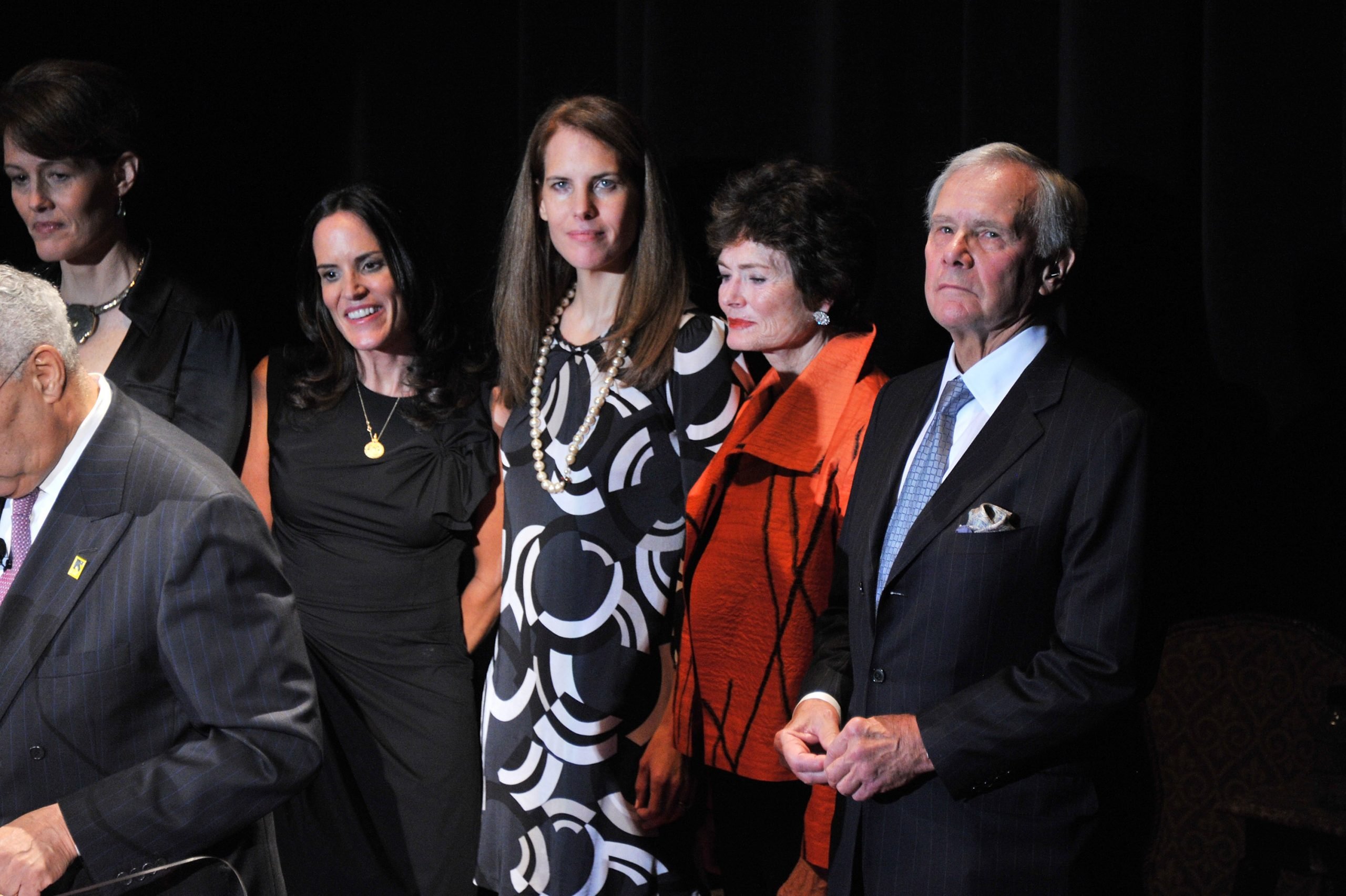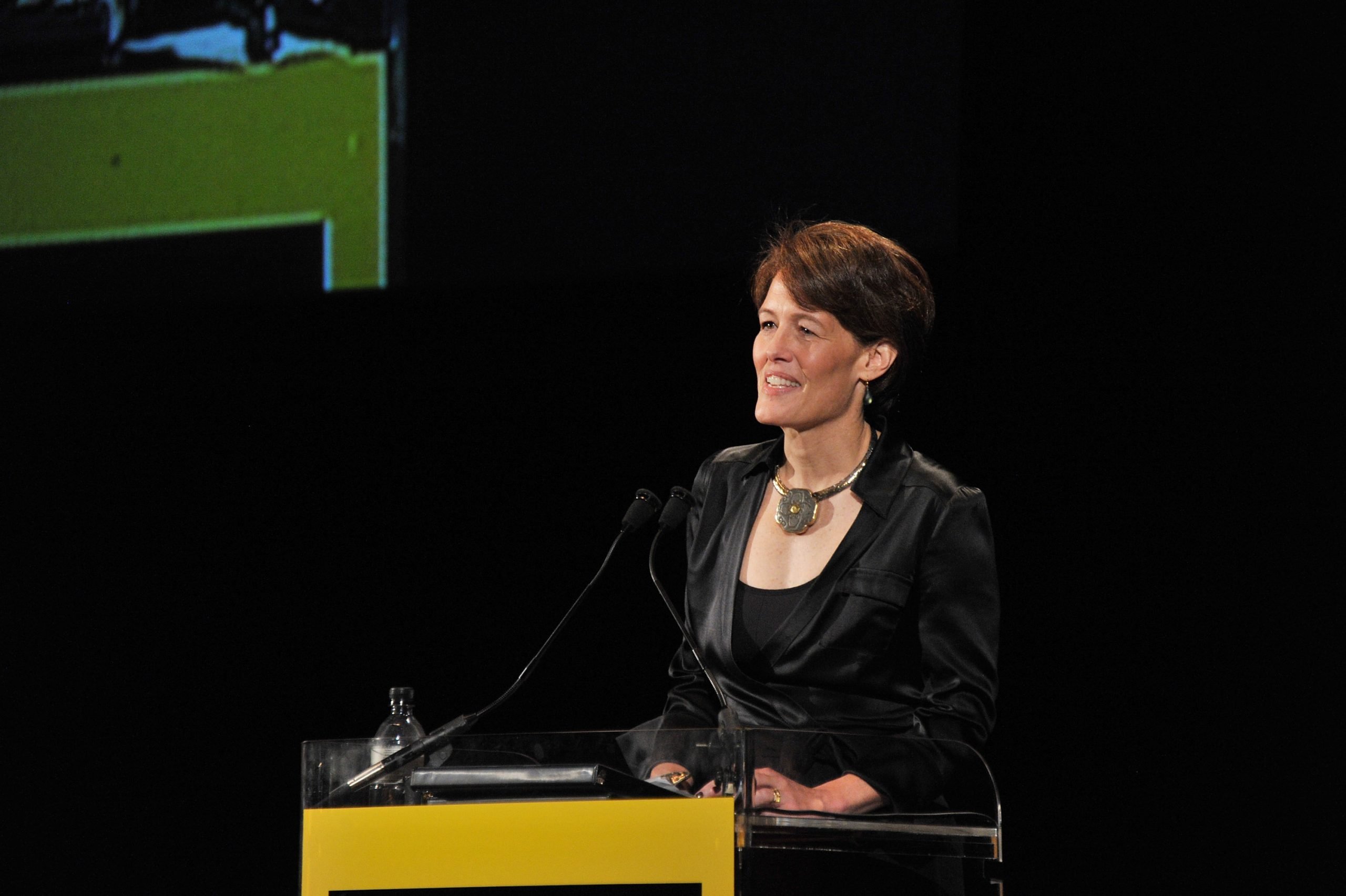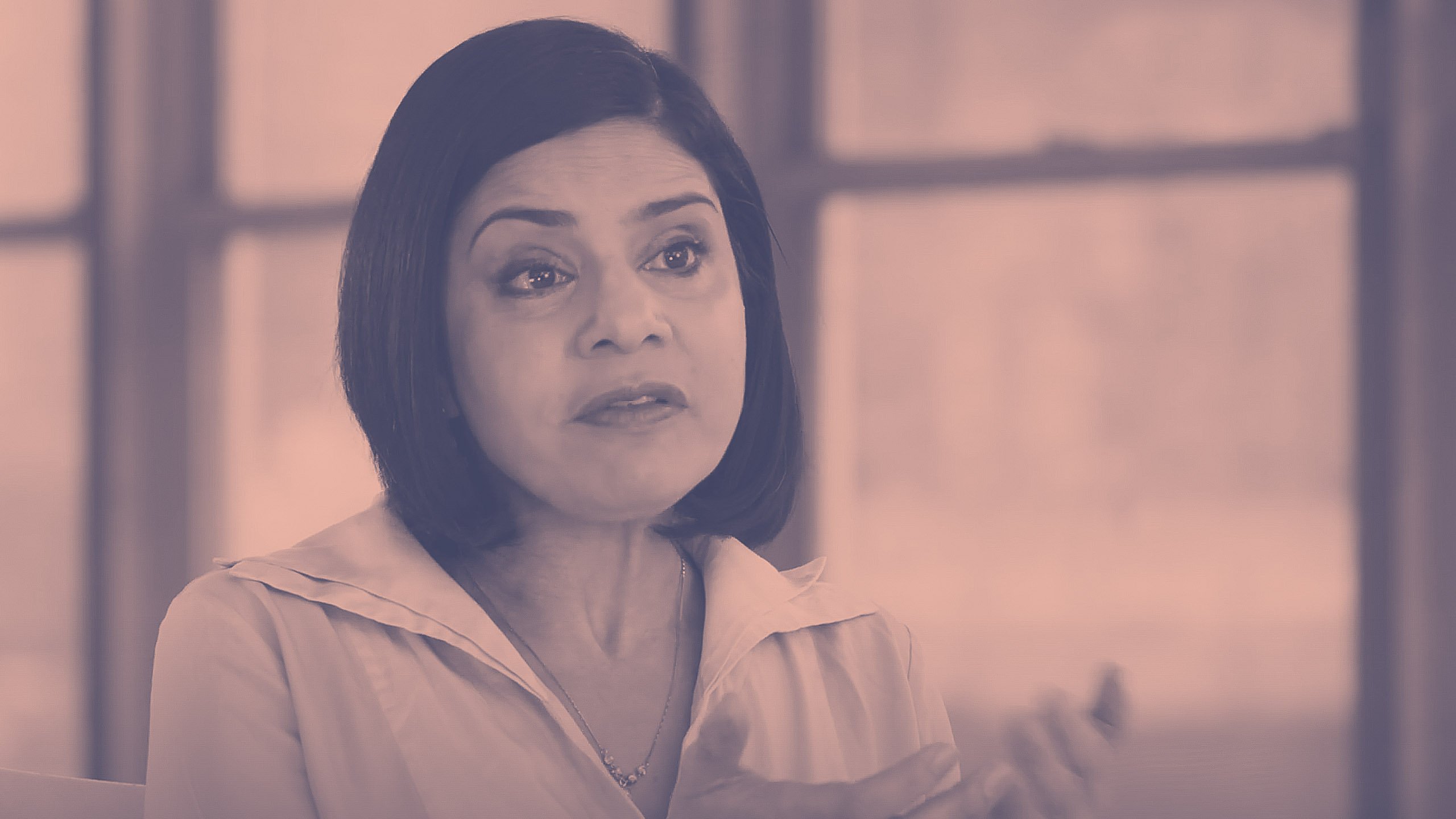Finding Support During Cancer
- Retired journalist Tom Brokaw, 84, says his daughter, who is an emergency medicine doctor, was helpful during his cancer journey because she knew what questions to ask and ensured he had a complete understanding of his diagnosis and treatment.
- In 2013, Brokaw was diagnosed with multiple myeloma, and he recalled the experience being a tough one to endure. The disease caused him to step back from NBC, where he made his career, before his full retirement in 2021.
- Multiple myeloma is a rare type of blood cancer that hinders the body’s ability to fight infections. It can cause weakness, dizziness, bone pain, and confusion, among other symptoms.
- Brokaw found hope with the chemotherapy drug Revlimid (generic name lenalidomide), which has been shown to improve survival for patients living with multiple myeloma.
- SurvivorNet experts say a support group often filled with close family members or friends helps you navigate the cancer journey. Patients are encouraged to seek out a support group, talk to a mental health professional, and keep their support team connected with your care team.
Retired news anchorman Tom Brokaw, 84, praises his family, especially his daughter, for being a crucial part of his cancer support network. His daughter, Dr. Jennifer Brokaw, specializes in emergency medicine. Her famous father says she was “invaluable” during his cancer journey because “she knew what questions to ask and what research to look for.”

Brokaw has three daughters, and his daughter Jennifer is an emergency medicine physician. According to SF Gate, Dr. Brokaw spent more than a decade practicing and teaching emergency medicine; she dedicated herself to helping patients navigate the healthcare system.
Read More
“If you have cancer, in a way, your whole family gets cancer because they’re involved in it,” Brokaw said.
Helping Patients Better Understand Multiple Myeloma
How Brokaw Managed to Cope With His Diagnosis
He was diagnosed with multiple myeloma, which is a rare type of blood cancer, in 2013. This type of cancer can cause symptoms such as weakness, dizziness, bone pain, and confusion, among other symptoms.
“I didn’t go into a meltdown of some kind. I was very cool about it. I was kind of in two parts: I was operating as a journalist human being, and the other part was kind of on the outside looking in saying, ‘This is a big deal, you’ve got to stay cool.’” Brokaw previously explained in a column.
Brokaw noted that he didn’t want this diagnosis and its treatment to hold him back from the life he wanted to keep living.
WATCH: Veteran journalist Tom Brokaw shares his thoughts on the medical community and the patient experience.
SurvivorNet sat down with Brokaw in his Florida home a while back, and he shared some details about his treatment, which included chemotherapy.
Brokaw received Revlimid (generic name lenalidomide), a breakthrough oral medication that has helped treat patients living with multiple myeloma. In combination with other therapies, standard doses of lenalidomide kill off myeloma cells.
Low doses of Revlimid are then used as maintenance therapy to help keep the immune system on alert and target the myeloma in case it reemerges within the body.
“The Revlimid thing for me has been no side effects whatsoever,” Brokaw previously told SurvivorNet.
WATCH: Journalist Tom Brokaw shares his multiple myeloma treatment.
“I think that I’m doing as well as I am in part because of Revlimid. I’ve been very fortunate, of course, in not having a reaction to a lot of the very powerful drugs that I am taking…Revlimid on a daily basis,” Brokaw continued.
The new treatment has shown great promise, giving multiple myeloma patients and their families hope.
“If you look at the most recent meta-analysis of clinical benefit from lenalidomide, you’re seeing survival gains of two and 1/2 to three years as a median by virtue of its use. And that’s not progression-free survival; that’s overall survival,” Dr. Paul Richardson, director of clinical research at the Jerome Lipper Multiple Myeloma Center, previously told SurvivorNet.
“What we’re realizing is that lenalidomide (Revlimid) is really conferring tremendous clinical benefit by virtue of its continuous use, and it’s impacting on survival and progression-free survival in a remarkably substantial fashion,” Dr. Richardson added.
Brokaw’s experience with Revlimid as maintenance therapy is a testament to the importance of ongoing treatment and management of multiple myeloma. While the disease may not be curable, maintenance therapy can help patients maintain a good quality of life and control the disease for extended periods.
Building Support During Your Cancer Journey
If you were recently diagnosed with cancer, you likely know about the wide range of emotions that news can bring. This is one of the most challenging phases of the cancer journey to overcome.
However, a team of supporters can be most useful during these early stages. Your supporters can be close family members and friends or people from outside your inner circle.
WATCH: Seeking support after a diagnosis.
“Some people don’t need to go outside of their family and friends circle. They feel like they have enough support there,” New York-based psychiatrist Dr. Lori Plutchik tells SurvivorNet.
“But for people who feel like they need a little bit more, it is important to reach out to a mental health professional,” she added.
One benefit of having supporters is that they can help alleviate stress and anxiety following your diagnosis and advocate for you during treatment.
Learn more about SurvivorNet's rigorous medical review process.





